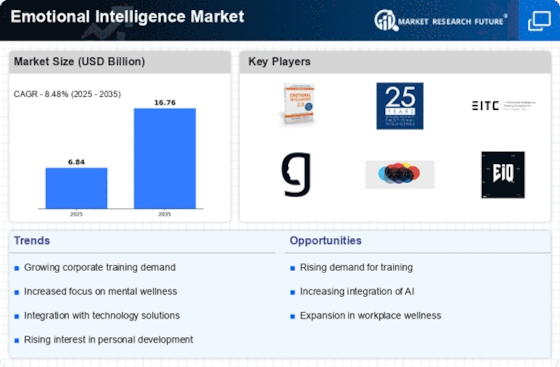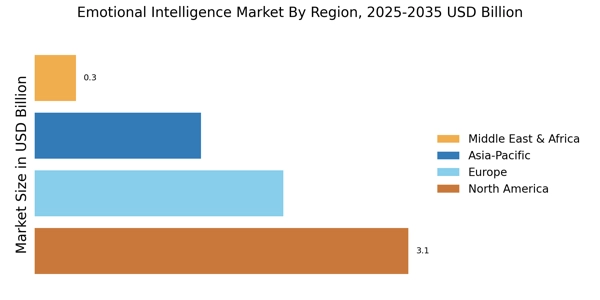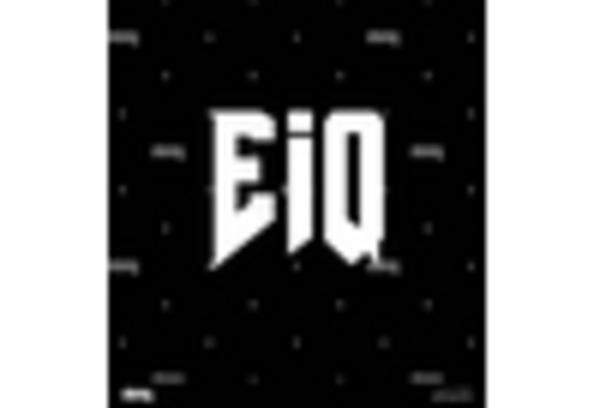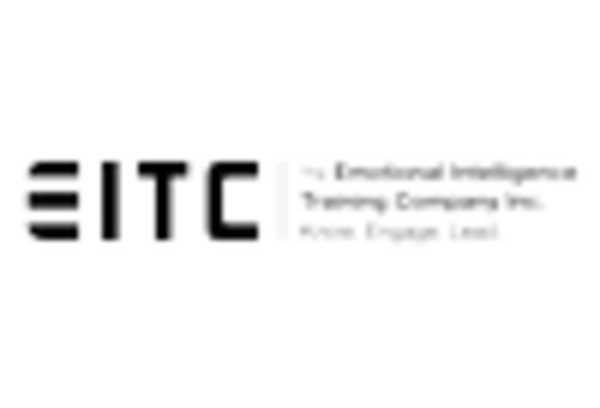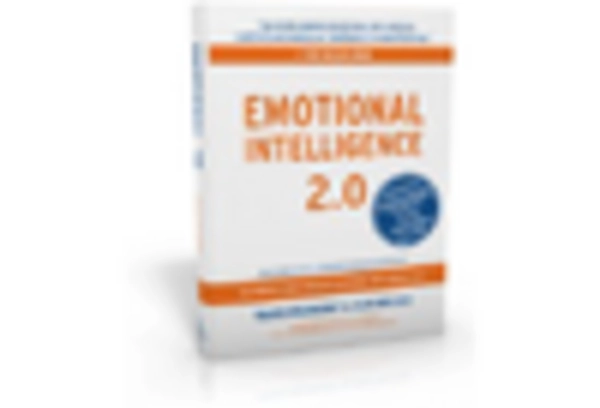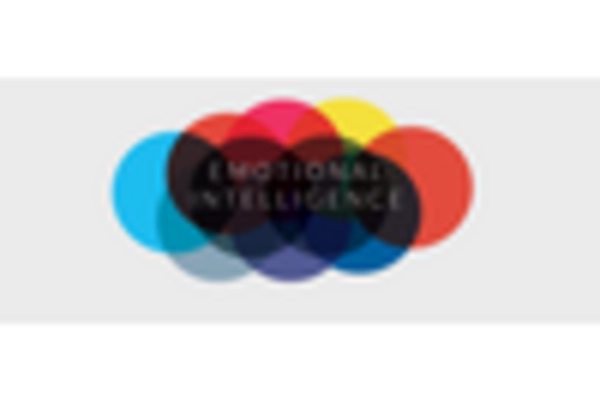Emphasis on Leadership Development Programs
The Emotional Intelligence Market is significantly shaped by the growing emphasis on leadership development programs that incorporate emotional intelligence training. Organizations are recognizing that effective leaders possess strong emotional intelligence skills, which are essential for inspiring and motivating teams. Recent findings indicate that companies with emotionally intelligent leaders experience a 50% increase in team performance. As a result, there is a rising demand for leadership development initiatives that focus on enhancing emotional intelligence competencies. This trend is likely to drive the growth of the Emotional Intelligence Market, as organizations invest in developing leaders who can navigate complex interpersonal dynamics and foster a positive organizational culture.
Growing Awareness of Mental Health and Well-being
The Emotional Intelligence Market is significantly influenced by the increasing awareness surrounding mental health and well-being in the workplace. As organizations strive to create supportive environments, emotional intelligence is recognized as a critical component in promoting mental health. Studies suggest that workplaces that prioritize emotional intelligence initiatives experience a 40% decrease in employee stress levels. This heightened focus on mental well-being is prompting companies to invest in emotional intelligence programs, thereby driving growth in the Emotional Intelligence Market. As the conversation around mental health continues to evolve, the demand for emotional intelligence resources is expected to expand, reflecting a broader commitment to employee welfare.
Rising Demand for Emotional Intelligence Training
The Emotional Intelligence Market is experiencing a notable surge in demand for training programs aimed at enhancing emotional intelligence skills among employees. Organizations are increasingly recognizing the value of emotional intelligence in fostering a positive workplace culture and improving employee engagement. According to recent data, companies that invest in emotional intelligence training report a 20% increase in employee productivity and a 30% reduction in turnover rates. This growing awareness is driving organizations to seek out effective training solutions, thereby propelling the Emotional Intelligence Market forward. As businesses strive to create more resilient and adaptable teams, the emphasis on emotional intelligence training is likely to continue to rise, indicating a robust growth trajectory for the industry.
Technological Advancements in Emotional Intelligence Tools
The Emotional Intelligence Market is being propelled by technological advancements that enhance the delivery and effectiveness of emotional intelligence tools. Innovations such as AI-driven assessments and virtual training platforms are making emotional intelligence resources more accessible and engaging for users. Data indicates that organizations utilizing these advanced tools report a 35% increase in employee engagement and satisfaction. As technology continues to evolve, the Emotional Intelligence Market is likely to see a proliferation of new tools and methodologies designed to foster emotional intelligence skills. This trend suggests a promising future for the industry, as organizations increasingly leverage technology to cultivate emotionally intelligent workforces.
Integration of Emotional Intelligence in Recruitment Processes
The Emotional Intelligence Market is witnessing a transformative shift as organizations increasingly integrate emotional intelligence assessments into their recruitment processes. This trend is driven by the recognition that candidates with high emotional intelligence are often better equipped to navigate workplace challenges and collaborate effectively with others. Research indicates that companies utilizing emotional intelligence assessments during hiring see a 25% improvement in employee retention rates. By prioritizing emotional intelligence in recruitment, organizations are not only enhancing their workforce quality but also fostering a more harmonious work environment. This strategic approach is likely to contribute to the sustained growth of the Emotional Intelligence Market, as more companies adopt these practices to secure top talent.


